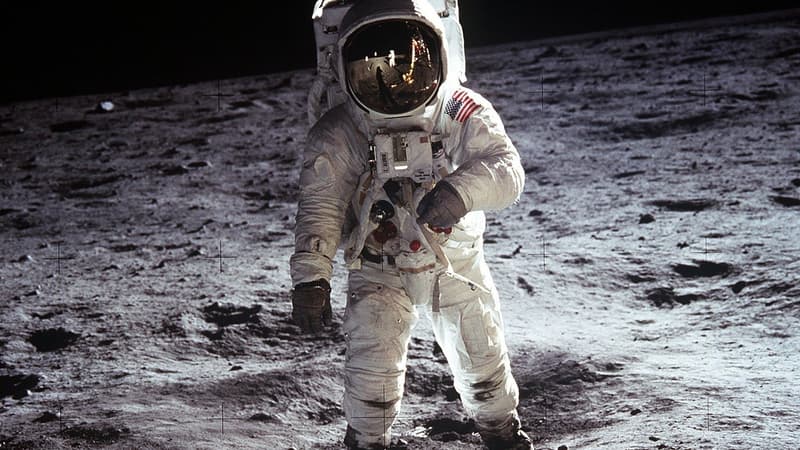NASA estimates that humans will be living on the moon for the next decade, the US space agency told the BBC on Saturday.
The return of humans to the moon
Howard Hu, director of NASA’s Orion lunar space program, explained in this same interview that habitats on the Moon were going to be necessary in the coming years so that scientists could carry out their missions.
This statement comes just days after the successful liftoff of the Orion spacecraft, en route to the Moon after taking off from Florida, United States, as part of the Artemis mission.
The capsule will not land on the Moon, but it will venture up to 40,000 miles behind it, a record for a habitable spacecraft.
This first test flight, without a crew on board, must first serve to guarantee the safety of the vehicle. But the long-term goal is to take astronauts to the Moon with this capsule in the next few years. This would be the first time since the last Apollo mission in 1972. The goal is to establish a lasting human presence there.
“A first step” in deep space exploration
Howard Hu praised the success of this launch, referring to a “historic day for human spaceflight” when the capsule was already about 134,000 km from the Moon on Saturday.
“This is the first step we’re taking toward long-term deep space exploration, not just for the United States, but for the world,” he said.
The success of this mission depends on the future of Artemis 2, which will take astronauts around the Moon without landing, and then Artemis 3, which will finally mark the return of humans to the lunar surface. These missions are officially scheduled for 2024 and 2025, respectively.
This summer, the first takeoff attempt was canceled at the last minute due to a faulty sensor, and the second due to an uncontrolled hydrogen leak.
Source: BFM TV


